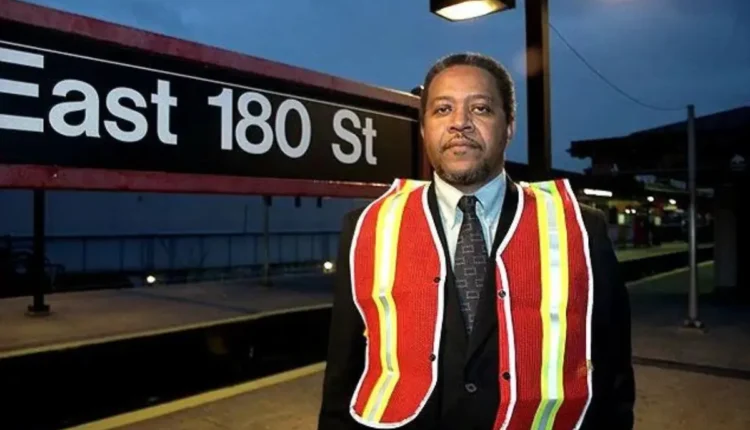Roger Toussaint, an emblematic figure in American labor history, emerged as a staunch advocate for workers’ rights and social justice, leaving an indelible mark on the landscape of organized labor in the United States.
Born in 1956 in Trinidad and Tobago, Roger Toussaint’s journey to becoming the president of the Transport Workers Union (TWU) Local 100 in New York City was marked by resilience, activism, and a steadfast commitment to his principles.
Early Life and Activism of Roger Toussaint
Toussaint’s activism traces back to his formative years in Trinidad and Tobago, where he was no stranger to challenging authority and speaking out against injustice. His involvement in protest activities began with daring acts of defiance, including spray painting political slogans on his school’s walls—an act that led to his expulsion from St Mary’s College.
Upon immigrating to New York City at the age of 17 in 1974, Roger Toussaint continued to channel his passion for social change, actively participating in student protests at Brooklyn College over issues of financial aid cuts and racism within the education system.
In the vibrant tapestry of New York City activism, Roger Toussaint’s voice resonated loudly as he joined community organizing efforts and protests against alleged instances of racism perpetrated by the New York City Police Department.
Despite facing numerous challenges, including working blue-collar jobs such as welding at the Brooklyn Navy Yard, Toussaint remained unwavering in his commitment to advocating for marginalized communities and uplifting the voices of the oppressed.
Rise to Leadership
Toussaint’s journey within the realm of labor activism commenced when he joined the ranks of New York City Transit (NYCT) as a car cleaner in 1984, later transitioning to a track worker role in 1985.
His ascent within the TWU ranks was swift and marked by his tireless advocacy for fellow workers’ rights. By 1995, Toussaint assumed the role of Chairperson of the TWU Local 100 Track Division, where he continued to champion the interests of his fellow transit workers.
In December 2000, Toussaint ascended to the presidency of TWU Local 100, embarking on a transformative tenure that would redefine the landscape of labor relations in New York City.
His election at the helm of the union heralded a new era of grassroots activism and solidarity, as Toussaint led the charge in confronting management and advocating for fair wages, improved working conditions, and dignity for all transit workers.
The 2005 NYC Transit Strike
The pinnacle of Toussaint’s leadership came in December 2005 when TWU Local 100 initiated a historic transit strike, bringing New York City to a standstill for three days.
The strike, triggered by the expiration of the union’s contract with the Metropolitan Transportation Authority (MTA), underscored Toussaint’s unwavering resolve in the face of adversity. Despite facing legal repercussions and public scrutiny, Toussaint remained steadfast in his commitment to defending workers’ rights and resisting unjust labor practices.
Legacy and Impact
Beyond the confines of the 2005 transit strike, Roger Toussaint’s legacy endures as a testament to the power of grassroots activism and the unwavering pursuit of justice.
His tenure as president of TWU Local 100 was marked by significant gains for transit workers, including wage increases, improved benefits, and enhanced workplace protections. Toussaint’s leadership exemplified the transformative potential of collective action and solidarity in advancing the rights of working people.
Also Read:Arnold Rampersad: Illuminating American Literature

